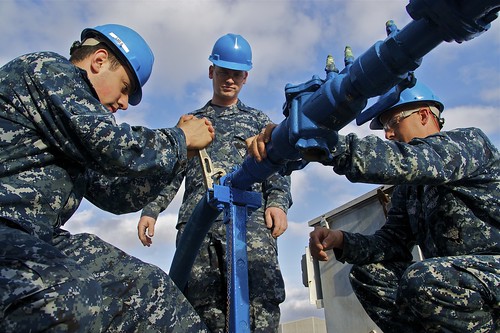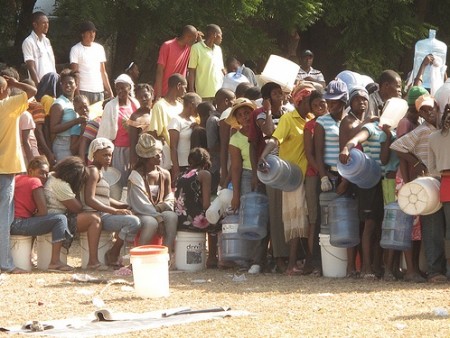
This article is included in our ‘Conflict Hotspots 2014’ dossier which can be accessed here.
On the grand scale, Central Asia’s water problems have been well documented since the fall of the Soviet Union. Journalists wrote of the apparently inexorable shrinking of the Aral Sea, once one of the four largest lakes in the world; by 2007, at a tenth of its normal size, it had split up into several smaller bodies of water. An excellent view of these broad shifts can be found at Aqueduct’s Water Risk Atlas.
Uzbek President Islam Karimov has warned of war if upstream countries Kyrgyzstan and Tajikistan pursue power generation projects that might alter, or make open to political manipulation, the supply of water needed to irrigate Uzbekistan’s cotton crops. Public anger over a decline in basic services fuelled the unrest that led to the overthrow of President Kurmanbek Bakiyev in April 2010. (See our report Decay and Decline.) Bakiyev sold water to Kazakhstan during a period of electricity shortages in his own country. Across the region corruption and neglect undermine confidence in government and contribute to political discontent.




